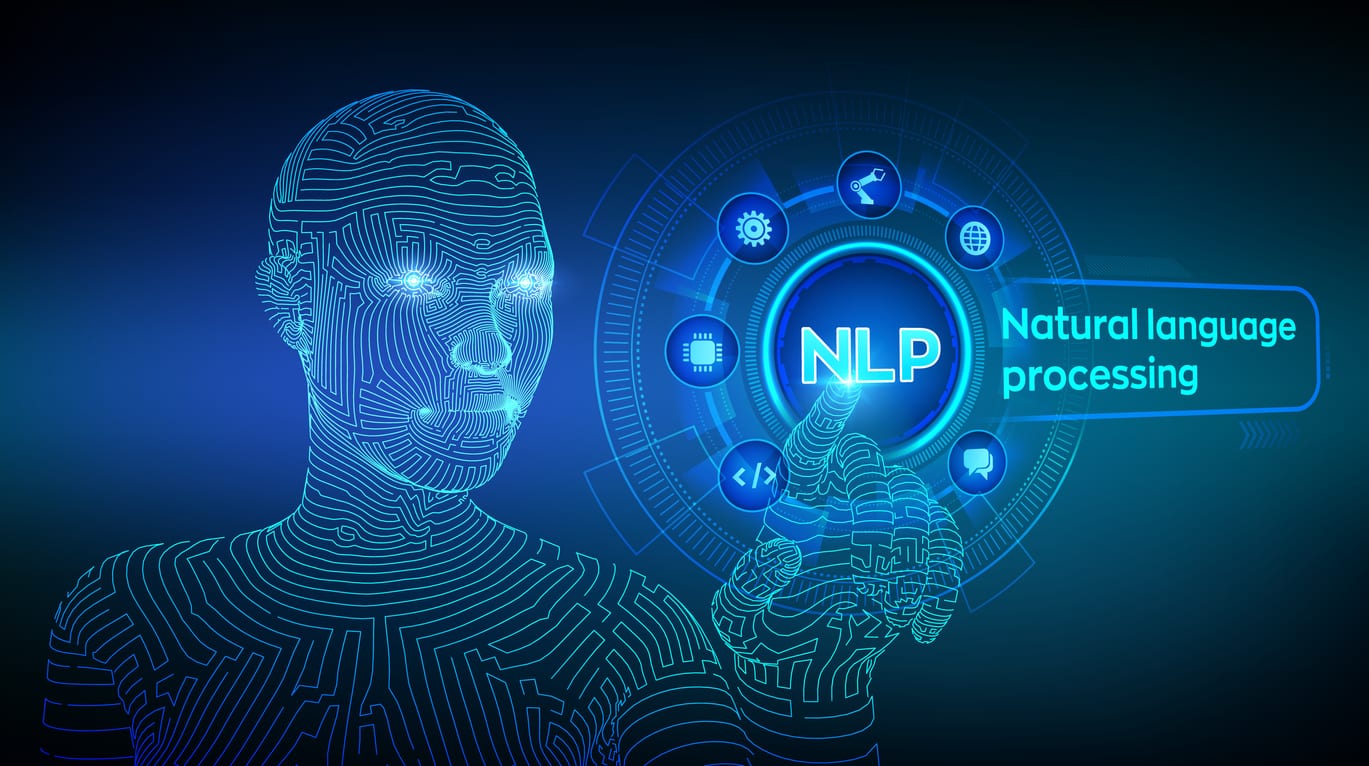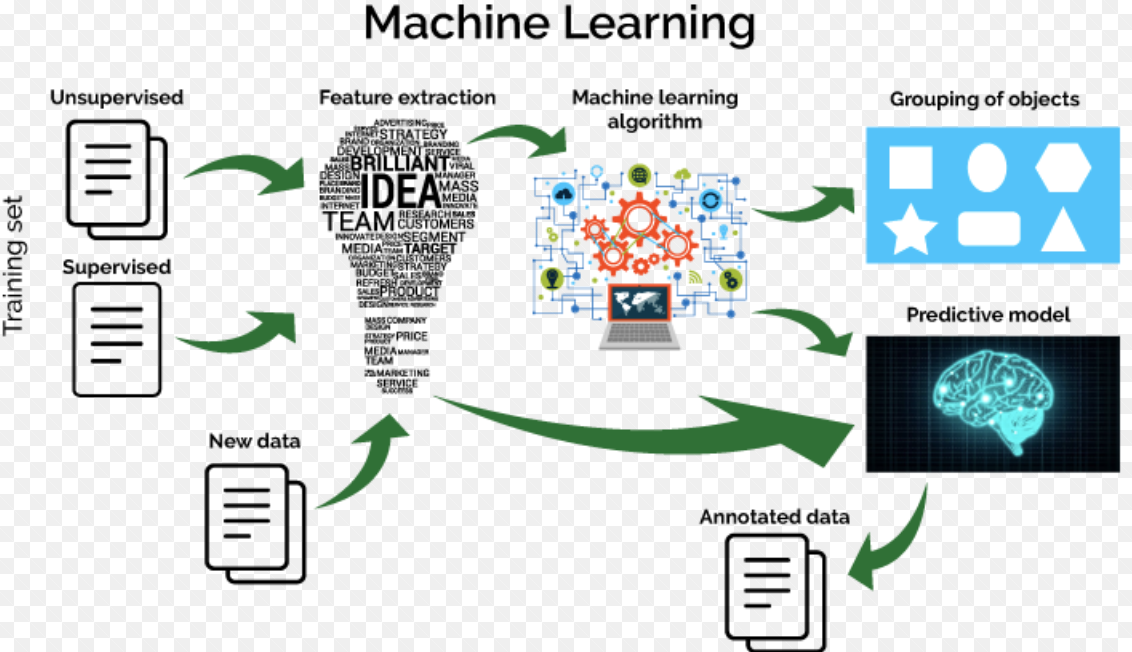In an increasingly digital world, businesses are striving to create meaningful, personalized experiences for their customers. The advent of Artificial Intelligence (AI) has revolutionized this space, providing tools that can engage with individuals in real-time, predict their needs, and offer bespoke solutions. Among these AI innovations, virtual assistants (VAs) stand out as powerful tools for creating tailored customer interactions, enhancing user satisfaction, and driving business growth. This blog post delves into how AI-powered virtual assistants are shaping personalized customer experiences, why they are essential for businesses, and the impact they have on both users and companies.
I. The Rise of AI in Customer Experience
Before the era of AI, personalizing customer experiences required manual effort and was often constrained by human limitations, including time, cognitive bandwidth, and data analysis capabilities. Customer service agents relied on basic customer history, rarely able to deliver nuanced, highly specific service to each individual. However, AI is transforming this paradigm by enabling businesses to analyze large volumes of data quickly and automatically. AI models can segment customer behavior, identify preferences, and make informed predictions, all in real time. This transformation has brought about a shift in how businesses manage customer relationships, with virtual assistants being at the forefront of these changes.
II. Virtual Assistants: A Game-Changer in Personalization
Virtual assistants, like Amazon’s Alexa, Apple’s Siri, Google Assistant, and even specialized chatbot systems employed by businesses, are becoming a critical component of personalized customer service. These AI-powered assistants are capable of conducting conversations, performing tasks, and providing real-time information to customers based on their specific needs.
The use of natural language processing (NLP) and machine learning (ML) allows these assistants to go beyond generic responses. They can interpret user intent, respond with relevant suggestions, and even learn from previous interactions to offer more personalized services in the future.
2.1. Key Benefits of Personalizing Customer Experience Through AI Virtual Assistants

- Real-Time Personalization
One of the standout advantages of AI-powered virtual assistants is their ability to provide real-time personalization. Unlike traditional customer service approaches, which may involve delays or generalized responses, virtual assistants analyze user data and behavior instantaneously. Whether it’s tailoring product recommendations, offering solutions to specific queries, or even adjusting the tone and style of communication based on a customer’s profile, AI systems ensure that every interaction is bespoke.
For example, a customer seeking travel recommendations through a virtual assistant can receive tailored suggestions based on their past travel history, preferences, budget, and even current location, all within seconds. This level of personalization is nearly impossible for a human customer service representative to achieve at scale.
- Scalability
While personalizing interactions for thousands or even millions of customers may seem like a daunting task, AI-powered virtual assistants can do so effortlessly. These assistants can engage with multiple users simultaneously, delivering personalized experiences without any degradation in quality. This scalability is especially beneficial for businesses operating in sectors like e-commerce, banking, healthcare, and customer service, where the volume of interactions is vast and customers expect quick, accurate responses.
For example, in banking, virtual assistants can handle routine inquiries like checking account balances or providing loan information, while also offering personalized financial advice based on spending habits, credit scores, and future goals. This allows banks to serve a wide range of clients without compromising on service quality.
- Enhanced Customer Engagement
AI-powered virtual assistants can significantly boost customer engagement by offering seamless, intuitive interactions. They allow users to communicate naturally, using voice or text, across multiple platforms such as websites, mobile apps, or messaging services. More importantly, these assistants learn and adapt from past interactions, providing customers with more relevant and engaging content over time.
For instance, Spotify’s AI-driven music recommendation system, which is essentially a sophisticated virtual assistant, analyzes user listening habits and preferences to curate personalized playlists. This level of engagement keeps users connected to the platform and increases overall satisfaction.
- Predictive Analytics for Proactive Solutions
Another notable feature of AI virtual assistants is their ability to leverage predictive analytics to anticipate customer needs. By analyzing past interactions and large datasets, virtual assistants can predict what a customer might need before they even ask for it. This proactive approach is a significant leap in customer service, allowing businesses to preemptively solve issues, suggest relevant products, or notify customers of potential problems.
Take, for example, an online retailer utilizing an AI virtual assistant that alerts a customer when a product they previously purchased is running low or recommends complementary items based on past purchases. Such predictive capabilities enhance customer satisfaction by delivering value before the customer has even made a request.
- Improved Customer Retention and Loyalty
Personalization plays a crucial role in retaining customers and fostering brand loyalty. When customers feel that a brand understands and caters to their unique needs, they are more likely to return. Virtual assistants contribute to this by creating highly personalized, seamless experiences that encourage long-term engagement.
For instance, companies like Starbucks have implemented AI-driven virtual assistants that remember customers’ favorite orders, suggest promotions or rewards tailored to individual preferences, and make the process of ordering and paying faster and more intuitive. This level of convenience and personalization not only enhances the customer experience but also builds brand loyalty over time.
2.2. How Virtual Assistants Achieve Personalization
To better understand how virtual assistants manage to create these personalized experiences, it is essential to explore the core AI technologies that drive their functionality.
- Natural Language Processing (NLP)

NLP is a critical component in enabling virtual assistants to understand and respond to human language. By analyzing the structure, meaning, and intent of customer queries, NLP allows virtual assistants to interpret and answer questions accurately. Additionally, NLP enables virtual assistants to adjust the way they communicate based on a customer’s tone, language preferences, or even cultural nuances, thereby adding another layer of personalization.
- Machine Learning (ML)

Machine learning allows virtual assistants to “learn” from user interactions. Over time, these systems can identify patterns, preferences, and behaviors, using this data to improve future interactions. For example, a virtual assistant may learn that a customer always asks for specific types of products during certain times of the year and begin recommending those products proactively. This continuous learning ensures that the assistant becomes more attuned to the user’s needs the more it is used.
- Data Integration and Analysis
For AI-powered virtual assistants to offer personalized experiences, they must be able to access and analyze vast amounts of data. This data might include purchase histories, browsing behavior, demographic information, and more. By integrating data from multiple sources, virtual assistants can create a 360-degree view of the customer, offering hyper-relevant interactions that align with the user’s preferences and behaviors.
- Sentiment Analysis
Sentiment analysis is another AI technology used by virtual assistants to gauge a customer’s emotional state during interactions. By analyzing language cues, tone, and context, virtual assistants can adjust their responses accordingly. For example, if a virtual assistant detects that a customer is frustrated, it can respond in a more empathetic manner, offering solutions to de-escalate the situation.
III. Industry-Specific Applications of AI Virtual Assistants
Virtual assistants are becoming a key differentiator in several industries, helping businesses provide more tailored and engaging customer experiences.
3.1. E-commerce

In e-commerce, virtual assistants are used to offer personalized shopping experiences, from product recommendations to handling customer inquiries. Retailers like Amazon have implemented sophisticated AI systems that suggest items based on a customer’s search history, purchases, and browsing behavior. These assistants also help with tasks like checking delivery status, processing returns, and managing orders, providing a seamless shopping experience.
3.2. Healthcare

Virtual assistants in healthcare provide personalized care by offering patients information about their medical history, medication reminders, and health tips based on their conditions. For example, AI-driven assistants can remind patients to take their medication at specific times or provide information on managing chronic conditions like diabetes. This personalized interaction enhances patient care and ensures better health outcomes.
3.3. Financial Services
In the financial sector, virtual assistants are used to provide tailored financial advice, answer customer queries, and streamline transactions. AI systems like Bank of America’s “Erica” can assist with tasks like budgeting, bill payments, and even providing investment advice based on the user’s financial goals and spending habits.
3.4. Travel and Hospitality
In the travel industry, virtual assistants help customers plan trips by offering personalized travel itineraries, booking options, and recommendations based on past trips and preferences. For instance, companies like Expedia employ virtual assistants to suggest hotels, flights, and activities based on a customer’s previous interactions, ensuring a more tailored and satisfying experience.
IV. Challenges and Ethical Considerations

While the benefits of AI-powered virtual assistants are significant, there are also challenges and ethical considerations to address. These include concerns around data privacy, algorithmic bias, and transparency.
- Data Privacy
Since virtual assistants rely heavily on personal data to offer personalized experiences, ensuring data privacy is a major concern. Businesses must be transparent about how they collect, store, and use customer data, as well as comply with regulations like GDPR (General Data Protection Regulation) and CCPA (California Consumer Privacy Act).
- Algorithmic Bias
AI systems are only as good as the data they are trained on. If the training data contains biases, virtual assistants may exhibit biased behavior or provide discriminatory recommendations. Businesses need to ensure their AI systems are trained on diverse datasets and regularly audited to prevent biases from affecting customer interactions.
- Transparency and Trust
For virtual assistants to be effective, customers need to trust that their interactions with AI are transparent and ethical. Businesses should ensure that their AI systems are not only transparent in how they operate but also clearly communicate when customers are interacting with a virtual assistant rather than a human.
V. SmartDev’s AI Offerings: Revolutionizing Customer Service
As AI reshapes the future of customer service, SmartDev is at the forefront, providing businesses with advanced AI solutions designed to offer intelligent, personalized customer experiences. SmartDev’s tools allow companies to enhance their service models and engage with customers in ways that were once only possible through human agents.
5.1. Conversational AI and Multi-Channel Support
SmartDev’s conversational AI platforms integrate seamlessly with multiple channels, from web and mobile chat to social media and voice-activated devices. These solutions use cutting-edge NLP and machine learning technologies to understand customer intent and context, offering real-time, accurate responses across various touchpoints. Whether it’s answering routine questions or handling complex support tickets, SmartDev’s conversational AI ensures that customers receive timely, accurate, and empathetic responses.
5.2. Predictive Customer Service and Anticipatory Insights
SmartDev’s AI-driven predictive analytics enables businesses to proactively anticipate customer needs. This anticipatory approach to customer service helps resolve issues before they escalate and improves customer satisfaction. For example, based on past interactions, AI can predict when a customer might need support with a product and offer timely solutions before a problem arises.
5.3. AI-Driven Customer Insights and Analytics
Understanding customer behavior is key to improving service, and SmartDev’s AI-driven analytics platform provides businesses with deep insights into customer interactions. These insights help companies better understand their customers, allowing them to craft more personalized experiences and address underlying issues more effectively.
In conclusion, the choice between a chatbot and a virtual assistant ultimately hinges on your business’s unique requirements, budget, and long-term goals. For many businesses, chatbots provide an affordable and effective way to automate simple tasks and improve customer service efficiency. However, businesses that prioritize personalized customer experiences, complex task automation, and broader AI capabilities will likely find that virtual assistants offer the scalability and adaptability necessary for future growth.



